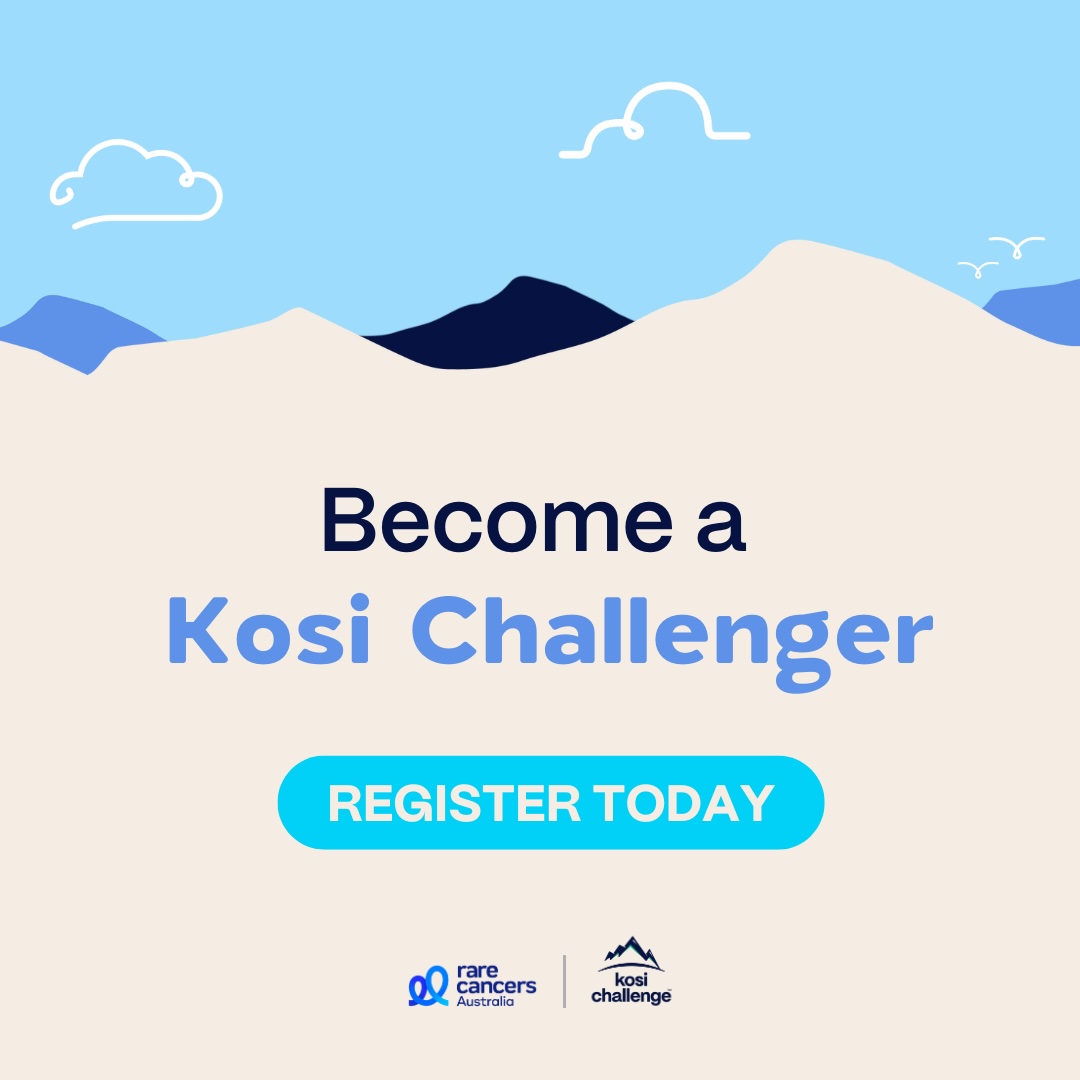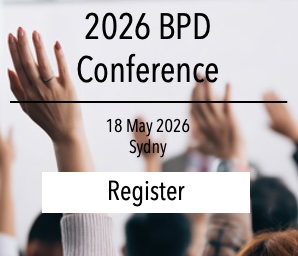Otsuka scientific advisor Michelle Ta says the COVID-19 pandemic has not dampened the enthusiasm of young students who have completed this year’s 'Curious Minds' program.
The program, which is run by the Australian Science Innovations and Australian Maths Trust and supported by the federal government, is designed to encourage young girls with an interest in STEM (Science, Technology, Engineering, and Maths) learning areas.
Dr Ta has been a Curious Minds coach for the last two years. She was recently part of the July 'winter camp' that facilitated discussion on all aspects of STEM through guest lectures, projects and interactive sessions.
Her career began when she studied pharmacy gaining a PhD researching inflammation in polycystic kidney disease followed by working as a clinical researcher at Westmead Hospital. She has been a medical science liaison and scientific advisor in the cardio-renal therapy area at Otsuka Australia for the past two years.
“When I first attended the Curious Minds camp in 2018, I felt incredibly inspired by the students," she said.
"Their enthusiasm for science and willingness to learn reminded me of my younger self and the sense of wonder that originally drew me into the sciences. The program runs from December to July and the students complete a project in any STEM area of their interest, guided by a coach with expertise in a related area.
“This year’s winter camp was held virtually due to COVID-19. Although I did miss the in-person interaction with the students, the virtual camp still had all the same energy and inspiration. One of the highlights was watching students present on their projects, the quality and complexity of which never fails to astound me.
"Their work spanned many disciplines including robotics, coding, astronomy, ecology and animal biology, medical science, and engineering. An interesting aspect of attending virtually was being able to see the abundance of encouraging comments the girls gave each other via the chat function. I believe this program is a step towards getting girls to make the same positive comments about themselves and their abilities in STEM.
“In addition, I had the opportunity to present to a group of around 15 students from several Australian states and from New Zealand. I walked the students through the process of medical research, from drug discovery in the lab to clinical trials, and finally the point where a treatment is approved and made available to patients. I also looked at how this extensive and lengthy process might be expedited to deliver a COVID-19 vaccine.”


